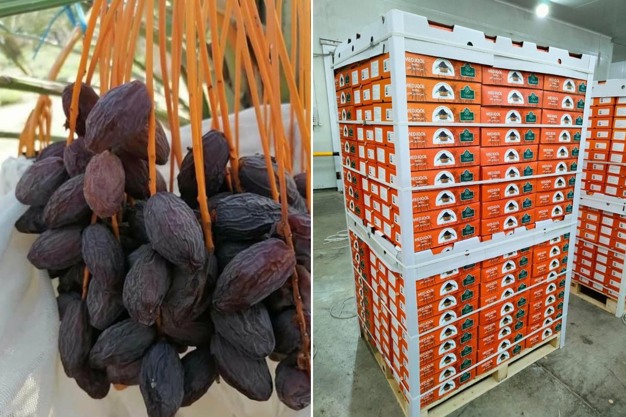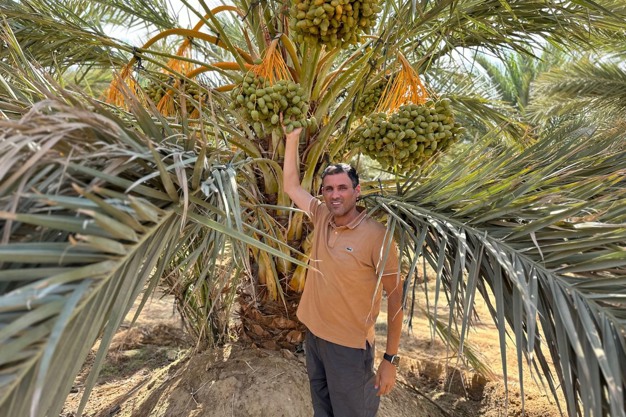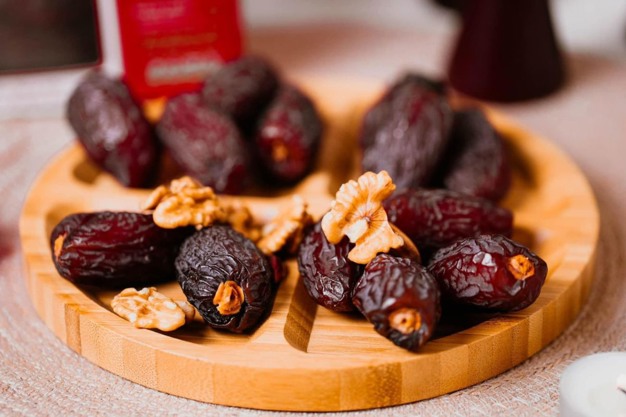The Medjool industry in Egypt, which is undergoing unprecedented expansion, is facing various difficulties this season. Ramadan Sayyad, export manager of Palm Hills Dates, said the season was heated.

Ramadan says: "Over the past five years, Egypt has considerably developed its cultivation of Medjool palms, enabling the country to occupy a leading position in this market. Egypt now has around 1.75 million Medjool palms in various locations, the most notable of which are the Bahariya oasis, Farafra, West Minya, Toshka, and Siwa"
The producer continues: "In the coming years, Egypt is set to become the largest producer and exporter of Medjool dates. Exports of Egyptian Medjool dates have penetrated the European and Turkish markets, as well as those of Southeast Asia, China, India, Japan, Russia, and many other countries, offering consumers around the world the opportunity to discover the quality of these unique fruits."

"However, the Egyptian market for Medjool date exports faces many challenges," says Ramadan. "Firstly, the ongoing conflict in the Red Sea is affecting the movement and delaying delivery of our produce, and the impact could be significant, as has been the case in other crops. Political problems and unrest also exist in many countries that import Egyptian Medjool dates, including Bangladesh, which is a major importer of Egyptian Medjool dates and was one of the first to do so. Bangladesh is currently facing political problems which are having an impact on sales, as well as severe flooding which has considerably affected the citizens' purchasing power."
Domestic challenges are also impacting the industry in Egypt, as Ramadan explains: "There is the instability in currency exchange rates, which has greatly disrupted agricultural production and exports this season. The Medjool industry is also a victim of its own success. Domestic competition may lead to a decline in Medjool Dates prices in the coming years as a large number of Medjool Dates exporters enter the market."

Ramadan concludes: "We also face challenges with fruit thinning in the current season, due to the high cost of labor, the availability of skilled workers, and the general labor shortage. The result is a predominance of small, medium, and large fruit, with a lower percentage of jumbo and super-jumbo fruit, which will automatically have an impact on total income and revenue."
For more information:
Ramadan El Sayyad
Palm Hills Dates
Tel: +20 102 008 4117
Email: info@palmhillsdates.com
www.palmhillsdates.com
